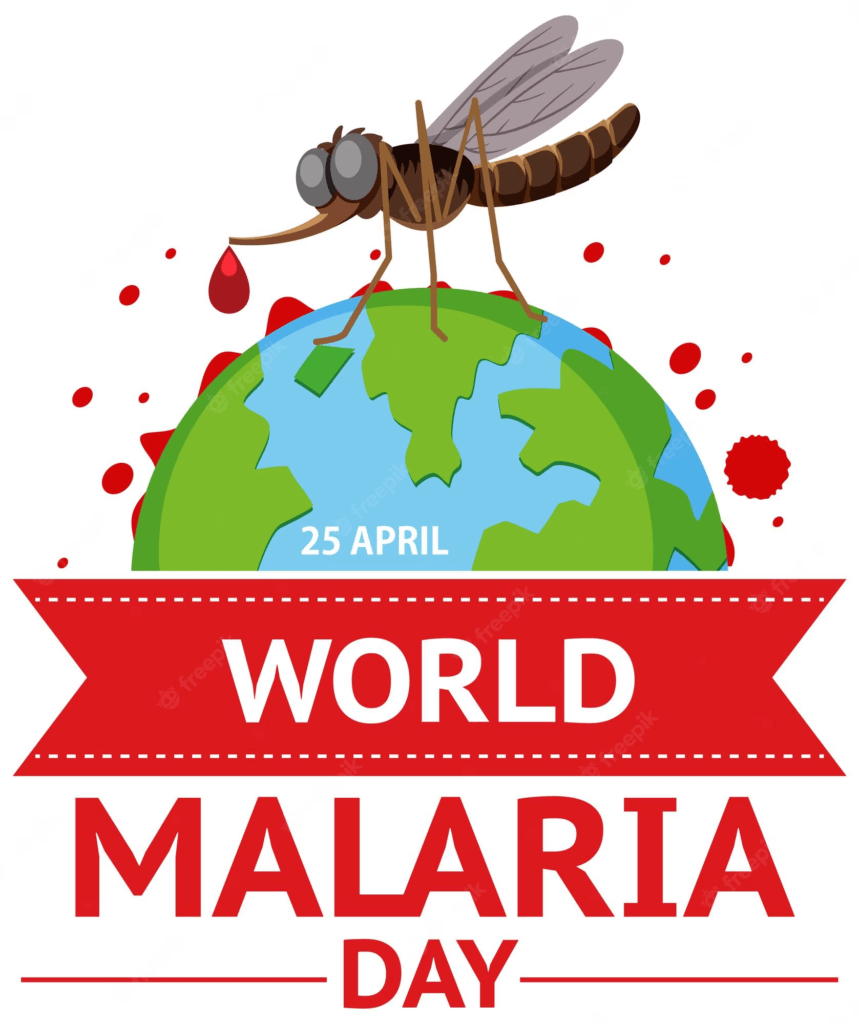World Malaria Day is observed annually on April 25th to raise awareness about the global burden of malaria and to promote efforts to combat the disease. Malaria is a life-threatening disease caused by parasites that are transmitted to humans through the bites of infected mosquitoes. According to the World Health Organization (WHO), malaria continues to be a major public health challenge, particularly in sub-Saharan Africa, where more than 90% of malaria deaths occur.
The theme for World Malaria Day 2023 is “Zero Malaria – Draw the Line Against Malaria,” which emphasizes the need to strengthen malaria prevention and control efforts to achieve the goal of eliminating malaria.

Malaria can be prevented and treated, but the success of these efforts depends on a range of factors, including political commitment, funding, and access to effective interventions. Governments, NGOs, and other stakeholders are working together to reduce the burden of malaria, and progress has been made in recent years.
One of the most effective interventions against malaria is the use of insecticide-treated bed nets, which can prevent mosquito bites and reduce the spread of malaria. Other interventions include indoor residual spraying, antimalarial drugs, and larval control measures.
However, despite these efforts, malaria remains a significant global health challenge, particularly in sub-Saharan Africa. In 2020, there were an estimated 241 million cases of malaria worldwide, and 627,000 people died from the disease. Children under five years of age are particularly vulnerable, accounting for 67% of all malaria deaths.
The COVID-19 pandemic has further exacerbated the burden of malaria, with disruptions to malaria prevention and treatment services leading to an increase in malaria cases and deaths in some areas.

On World Malaria Day, it is important to remember the significant progress that has been made in the fight against malaria, while also acknowledging the work that still needs to be done. Efforts to combat malaria must be sustained and intensified to achieve the goal of eliminating the disease.
Individuals can also play a role in preventing malaria by taking simple steps, such as sleeping under an insecticide-treated bed net, wearing long-sleeved clothing and trousers, using insect repellent, and seeking prompt medical attention if they experience symptoms of malaria.
In conclusion, World Malaria Day is an important reminder of the ongoing global effort to combat malaria and the need to continue investing in prevention and control measures. By working together, we can achieve the goal of eliminating malaria and ensure that everyone has access to the tools and resources they need to stay healthy and thrive.

Writer – Shruti Sharma
